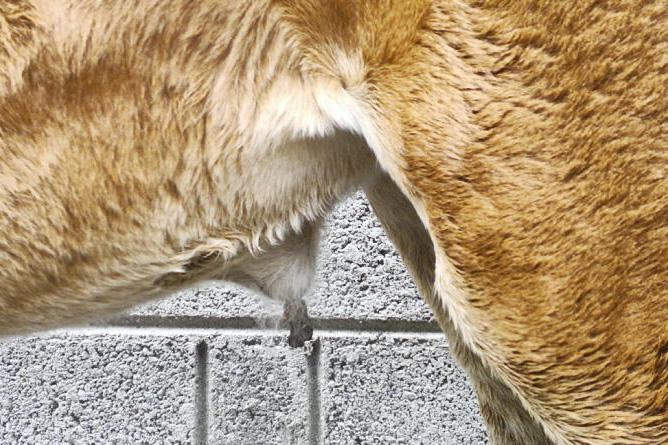Having been caught out by an early foal with nothing but a phone light in a dark field last year, I got a reminder of how important it is to have a good foaling kit handy well before your mare’s due date. Here is a list of what is needed.
Important numbers: Your vet’s number, including after hours numbers, and anyone else who could help in case of emergency. Plus a phone charger!
Headcollar and lead rope: Just in case you need to move or reposition your mare.
Clean buckets: You should have a designated bucket to hold the placenta for further inspection after your mare has foaled. You will also want a clean bucket to wash up in and for cleaning the mare,
Towels or rags: Good for cleaning your mare, drying your hands etc.
Tail wrap or vet wrap: When your mare is in the second stage of labour, you’ll want to wrap up her tail to keep it out of the way during the delivery.
Palpation gloves: In the event that you need to assist with the delivery, these disposable gloves are necessary to protect the mare and foal from infection.
String or baling twine: Good for tying up the placenta.
Scissors: Come in handy for a variety of uses.
An enema for the foal: Administering an enema to a newborn foal can help dislodge any meconium and assist in getting the bowels active.
An antiseptic treatment: For the foal’s navel.
Pen and paper: Important time intervals and events should be documented closely. A mare labouring too long may need intervention. Record the length of time from breaking of waters to when the foal’s nose and feet first protrude through the vulva and from then until delivery. If the entire process takes any longer than 30 minutes your vet should be called.
Torch and batteries: Since a majority of mares foal in the dark hours of night, be prepared with a torch or head lamp.
Thermometer: If your mare or foal has complications, have a thermometer so you can report the temperature to the the vet. Checking temperature in the days prior to foaling can indicate if labour is imminent.
Colostrum: Try to have some colostrum in the freezer for emergencies.
Refractometer: Refractometers are commonly used on farms to measure colostrum quality and find out if your foal is getting all it needs.
Surrogate mare/foal organisation details: In case of the worst and you lose either mare or foal, have the number of an organisation that can help. The Northern Ireland Horse Board offers an Ireland-wide foster mare and orphan foal alert service; this service is free of charge to breeders and operates 24 hours a day. Go to www.nihorseboard.org for the forster alert section or ring 0044 (0)28 38343355. There are foster mare services available in Tipperary (Pat Leahy 086 2540011), Kildare (John Michael Wall 087 2756790), Limerick (Pat Crosse 087 2999878), Kilkenny (Gretta Kennedy 085 7635796) and other locations.









SHARING OPTIONS